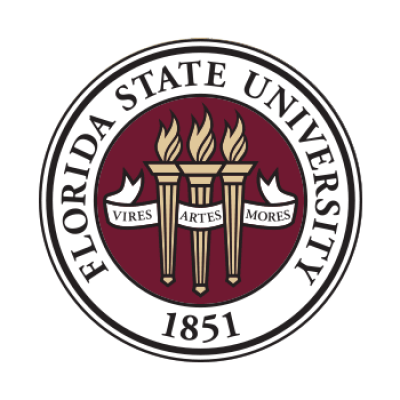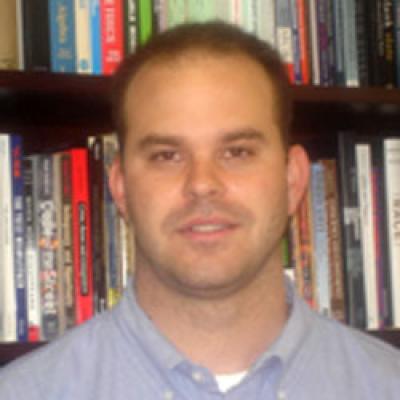Awards

Dr. Karen McElrath has been selected as the Dudley E. Flood Endowed Professor of Criminal Justice at Fayetteville State University (FSU). The announcement was made on May 6, 2014 by Dr. David Barlow, Dean of the College of Arts and Sciences, and Dr. Miriam DeLone, chair of the Department of Criminal Justice.

Dean Thomas Blomberg and the faculty and staff at the College of Criminology and Criminal Justice are proud to announce the recent Eppes Hall renovation has received a preservation award. Eppes Hall was recognized by the jury of the 2014 Tallahassee/Leon County Historic Preservation Awards for outstanding achievement in the Civic/Community Resource Preservation category.
Tagged: Awards

The College of Criminology and Criminal Justice is proud to announce two of its first year assistant professors have received prestigious research awards.
Dr. Kecia Johnson and Dr. Ashley Rubin were granted First Year Assistant Professor Awards for the 2013-2014 year by the Council on Research and Creativity. The awards, which provide $20,000 toward summer salary support, were granted to just 76 faculty members university-wide.

Florida State University’s College of Criminology and Criminal Justice is proud to announce professor Kevin Beaver has been awarded one of the 2014 Graduate Faculty Mentor Awards. The award carries an honorarium of $3,000.

Florida State University’s Center for Criminology and Public Policy Research, a branch of the College of Criminology and Criminal Justice, has formed a partnership with the National Institute of Justice. Through this collaboration, three research agendas will be pursued to generate scientifically valid findings to be used by practitioners, agency decision makers, and policymakers to produce effective juvenile justice outcomes resulting in future cost savings and improvements to public safety.

FSU’s College of Criminology and Criminal Justice proudly announces the 2013-2014 Scholarship Award Winners:
The Frank A. and Lynn W. Baker Scholarship has been awarded to Ashlee Burns and Precious Johnson.
The Robert L. Clark Memorial Scholarship has been awarded to Cashen Boccio.
The Criminology General Scholarship has been awarded to Christie Falco and Julie Mestre.
The Eugene and Rosalind Czajkoski Scholarship has been awarded to Tracey Woodard.

Eleven members of the Florida State community were recognized for their contributions to distance learning during the 2012-2013 Distance Learning Awards Ceremony Nov. 13. The event was held in conjunction with National Distance Learning Week. “At Florida State, we strive to create the same level of quality learning for our distance students that their on-campus counterparts enjoy,” said Susann Rudasill, director of the Office of Distance Learning.
Tagged: Awards, Distance Learning, Faculty

WEST PALM BEACH, Fla. — At 37 years old, Gemma Burlakoff became one of three women to die at the hands of their spouse or partner in Palm Beach County in October, a month dedicated to domestic violence awareness.
Nicole Bishop is the director of victim’s services in Palm Beach County. She said calls for crimes related to domestic violence are on the rise.
“It’s heartbreaking and we just want it to stop,” she said.
Bishop said between 2009 and 2011 there were 40 domestic violence homicides.

The Department of Computer Science can now award more than $3.2 million to students studying computer science, computer criminology, computational biology, information security, and computer and network system administration through scholarships.

Dr. Eric Baumer, Professor at Florida State University’s College of Criminology & Criminal Justice, has been elected as Vice President of the American Society of Criminology (ASC). Along with the President, President-Elect, and Immediate Past President of ASC, Dr. Baumer will exercise leadership in the field of criminology nationally and abroad. The VP serves as part of the ASC Executive Committee, the ASC Executive Board, Chair of the Publications Committee,a nd Editor of the Criminologist.

